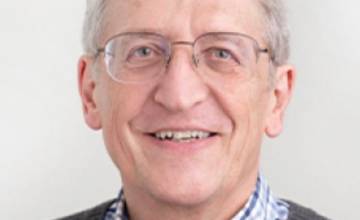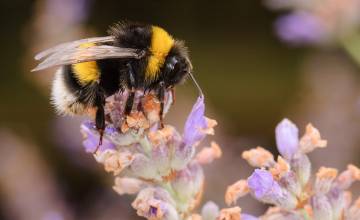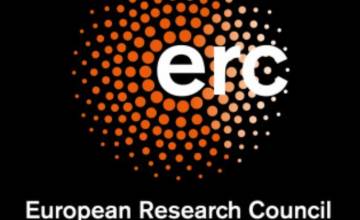UMONS Researchers Once Again Selected to Carry out Parabolic Flight Experiments with the European Space Agency
Most of these selected researchers belong to the Laboratory of Physics of Surfaces and Interfaces (LPSI), headed by Prof. Joël De Coninck, of the Faculty of Science. They have joined the laboratory to carry out experiments in microgravity to better understand the mechanisms of condensation and water boiling.
For health reasons, the 73rd parabolic flight campaign of the European Space Agency (ESA) took place at Paderborn airport in Germany from 29th October to 6th November.
During this period, three 5-hour flights were conducted on board an Airbus A310 Zero G operated by Novespace (the organiser of the parabolic flight campaigns). Several UMONS researchers, most of them from the LPSI, took part in these flights in order to carry out experiments in microgravity to better understand the mechanisms of condensation and water boiling.
Supervised by Dr. Yves Canivez, the UMONS-LPSI participants were Dr. Emmanuel Gosselin, Dr. Juan Carlos Fernandez Toledano, Engineer Stéphane Waeyenbergh and François Clemens (a second year Master student).
The world is in a race against time to develop new renewable energy sources. To overcome the energy crisis, a new, viable and environmentally friendly energy source can either be produced or efficiently controlled. This is the case with heat exchangers.
The purpose of our research is in this sector,” explains the team from Mons. “It aims to develop a new effective system for heat management that is passive, efficient, compact, simple and can both solve the problems related to the high heat flows encountered in modern microelectronic devices and also respond to the heat transfer challenges in the field of space.”
To achieve this, the researchers involved must be experts in:
- The design of heat exchange loops combining an evaporator and a condenser
- The optimisation of condensation and boiling phenomena through the development of functionalised and structured surfaces
- The characterisation of heat transfer properties for different configurations.
We have several objectives and they need to be verified both in microgravity (which these parabolic flights allow) and in terrestrial gravity (in the laboratory) in order to provide engineers with suitable tools for the development of future heat exchangers for both ground and space applications,” insist the LPSI researchers.
Parabolic flights in aeroplanes, developed since the 1950s, make it possible to reach microgravity, a unique environment for the study of physical, biological and chemical phenomena usually masked or modified by the Earth’s gravity, and to carry out experiments in various scientific fields.
The recent flight campaign in Germany has produced encouraging and valuable results. The comprehensive analysis of the extensive data and the collaboration with international experts will lead to the publication of several scientific papers in renowned journals.
In general, research carried out in microgravity enriches fundamental knowledge in various disciplines, and results in innovative applications in technological fields, industrial processes, medicine, etc.
Despite only short 22 second periods of microgravity being reproduced during each parabola in a parabolic flight, their repetition means that a total weightlessness time of more than 10 minutes per scientific flight, and more than 30 minutes per campaign, can be accumulated.
The microgravity duration of 22 seconds enables many phenomena, covering a wide range of scientific disciplines, to be studied that occur immediately or after a few seconds of microgravity, and do not require long periods of weightlessness to be studied and characterised.
For more information, visit: www.lpsi.umons.ac.be
Or send an email to Joël De Coninck (Joel.DECONINCK@umons.ac.be) or Emmanuel Gosselin (Emmanuel.GOSSELIN@umons.ac.be)



